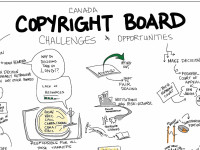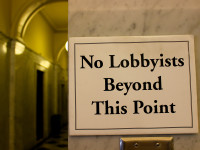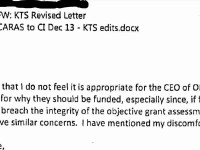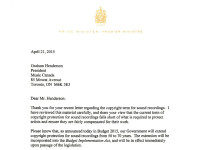My recent posts on the government’s surprise budget announcement that it plans to extend the term of copyright protection for sound recordings generated considerable private feedback, with several industry sources suggesting that the change is not quite what it seems. In fact, despite painting the reform as an effort to protect the rights of artists, foreign record companies have been primarily concerned with eliminating new competitors who offer cheaper, legal public domain recordings of popular artists such as the Beatles, Beach Boys, Bob Dylan, and the Rolling Stones.
From a consumer perspective, there is little doubt that the change will lead to higher prices for music. Multiple studies on copyright term extension for sound recordings have concluded that public domain recordings encourage competition between release companies and drive down the price for consumers. The songwriters are paid either way, but the consumers win with more choice and lower priced music.
My weekly technology law column (Toronto Star version, homepage version) notes that while some artists have lent support to the government’s proposed changes, the bigger story is what has been happening behind the scenes. As new public domain-based recordings began to appear at major Canadian retailers, foreign record labels adopted a two-pronged strategy: intense lobbying for legislative changes to lock down recordings for decades and blocking royalty payments to copyright owners to keep the new competitors out of the market.
Read more ›











